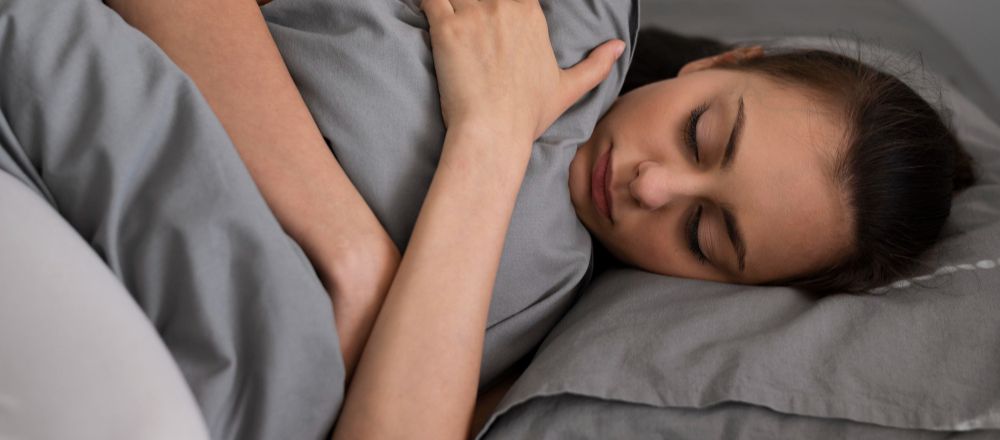What are the Different Causes of Sleep Disorders and How to Manage Them?
- Posted On: June 27, 2024
- Posted By: admin

When you do not get enough sleep because you suffer from a sleeping disorder such as insomnia, restless legs syndrome, or narcolepsy you may find that you experience micro-sleeping at frequent intervals throughout the day. During these times you fall asleep briefly and sometimes you are not even aware of it but you can stop it.
Falling asleep involuntarily during the day is not within your control and it can be dangerous to you or others around you. It is hazardous if while operating heavy machinery you fall asleep on the job. Whether you are troubled by micro-sleep or not, if you have a sleeping problem it is not something that can be left unattended.
Most sleep disorders affect the type of sleep you have and how long you can sleep without interruptions. Fortunately, there are various sleeping tablets available in the market that will put a swift end to the nightmare of lying awake night after night because when you take a tablet it will help you in insomnia treatment.
The Different Types of CRDs That Affect Sleep Issues
There are a few categories that affect the alignment of sleeping patterns such as the delayed sleep-wake phase, which occurs when a person has delayed sleep by two or so hours, and makes up for it the next morning, and the advanced sleep-wake phase, which occurs when people fall asleep many hours before they are meant to and wake much earlier in the morning than most.
CRDs occur when a person’s body clock is disrupted which affects the biological process in animals. This means the person will take naps on and off for 24 hours. Jet lag occurs when a person travels and their body clock is disturbed causing irregular sleeping patterns.
Irregular sleep-wake rhythm refers to disorganized sleeping patterns that entail no clear sleep or wake patterns. Non-core 24-hour sleep-wake rhythms occur when a person’s sleep time is shifted later than desired. Shift work involves a non-traditional sleeping pattern due to specific working hours, especially late at night or early in the morning.
Managing sleep disorders
As detailed above, sleep disorders can happen due to different reasons. Lab tests, such as sleep study can help to find out what might cause sleep problems. But majorly, it depends on the information provided by the patient.
Your doctor may give you a form or checklist to fill in your sleep habits and problems. Finding out how to manage sleep disorders can begin with how you describe your issues to your health expert. The best solution is to maintain a sleep diary. This helps track sleeping patterns and write down the problems you are facing.
Cognitive behavioral interventions including meditation, breathing exercises, mindfulness, music, or guided imagery can help you relax physically and mentally. It is important to talk to your health expert who can help you learn these techniques.
Along with this, changes in your diet, lifestyle, and sleep hygiene may also help you with sleep disorders. Some medications such as Zolpidem or Temazepam can be used temporarily, whether they are over-the-counter or prescribed by your doctor.